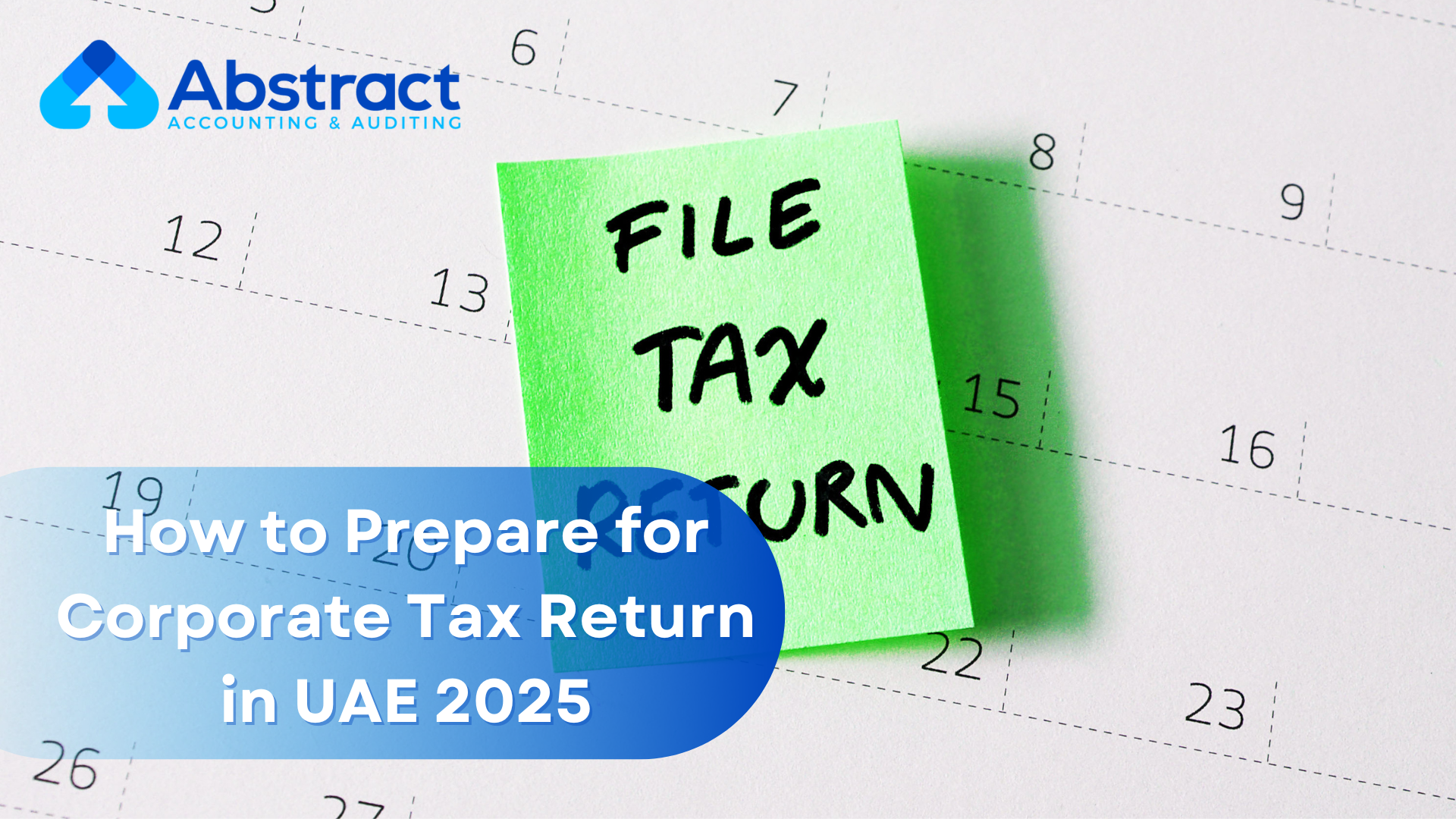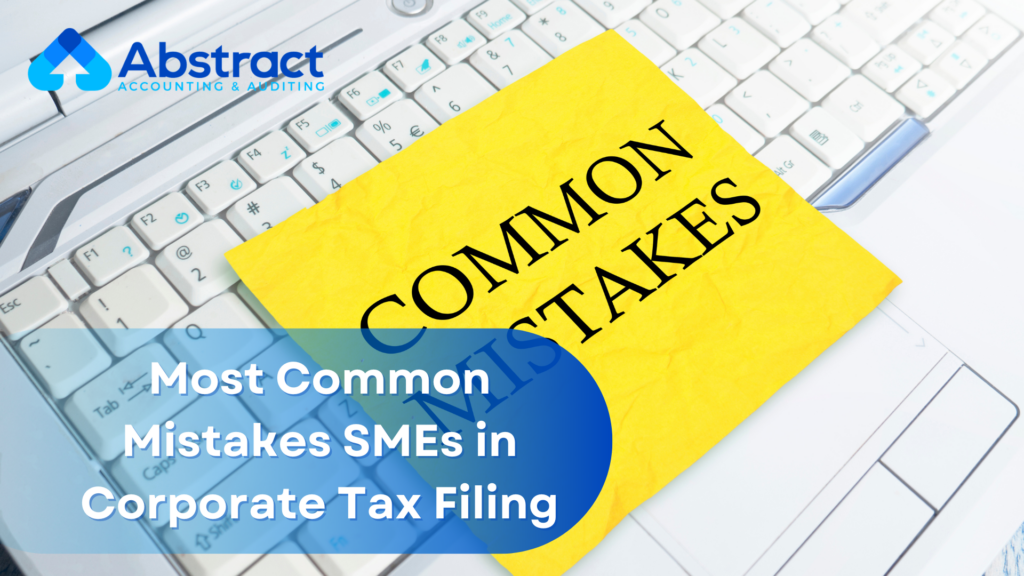Introduction
What is Corporate tax? Many people don’t have idea about it let make everything clear for you. As the UAE landscape grow day by day now corporate tax is now a reality for businesses in UAE. Whenever you prepare to file for tax returns for the very first time you will surprise not an easy task, so when you see other things you lose motivation for this. Tell me what seem difficult about business tax filing? Tax filing is not just about crunching number but also about keeping your business more compliant and avoid penalties. A little prepration can save you from later load.
Understanding UAE Corporate Tax Regulations
Here is what you need to know about the UAE corporate tax rules and regulation. Basically the UAE introduced corporate tax to align with global standards and increase transparency.
- Tax Rate: The corporate tax rate is 9% for businesses with taxable profits exceeding AED 375,000.
- Exemptions: Free zone companies may be exempt if they meet specific conditions.
- Taxable Entities: All businesses operating in the UAE, except those engaged in oil and natural gas, are subject to corporate tax.
- Filing Deadline: Businesses must submit their tax returns annually within the deadline set by the Federal Tax Authority (FTA).
If you want to avoid compliance issue and unexpected tax liabilities you must stay updated on these regulations.
Step-by-Step Guide to Preparing Corporate Tax Returns
1. Gather your Required Documents Early
Don’t always wait for the last minute to correct things. Its always necessary to start collecting essential documents well in advance.
- Financial statements, including profit and loss accounts
- Invoices and receipts for all business transactions
- Payroll records and employee tax information
- Bank statements and proof of expenses
- suppliers and clients contracts
if you want to simplify your tax filing process and want accuracy you must have these documents available.
2. Calculate Taxable Income
To determine the corporate tax liability, businesses must calculate their taxable income by:
- Summing up total revenue from all sources.
- Deducting allowable expenses, such as operational costs, salaries, and business-related expenses.
- Applying any applicable deductions or exemptions.
Maintaining accurate financial records helps ensure correct tax calculations.
3. Determine Applicable Tax Deductions
Businesses may be eligible for certain deductions, including:
- Depreciation of assets
- Business travel and operational expenses
- Research and development (R&D) costs
- Charitable contributions (if eligible under tax laws)
Reviewing FTA guidelines on deductions helps maximize tax benefits.
4. Use an Accounting Software or Tax Consultant
Automated accounting tools can help businesses:
- Maintain accurate records
- Generate tax reports
- Avoid calculation errors
If you really want to prevent mistakes so you can hire a consultant who can help ensure compliance with UAE tax laws.
5. File the Tax Return on Time
Once all calculations are complete, businesses must submit their tax returns electronically through the Federal Tax Authority (FTA) portal. Key points to remember:
- Ensure all information is correct before submission.
- Double-check calculations and required documents.
- File before the deadline to avoid penalties.
6. Pay Corporate Tax and Keep Records
After filing the return, businesses must:
- Pay the corporate tax due within the deadline.
- Keep records of the tax filing confirmation and payment receipts.
- Store all relevant documents for future audits.
Failure to maintain records could result in fines during tax audits.
Common Mistakes to Avoid
- Missing Deadlines – Late filings result in fines and legal consequences.
- Incorrect Calculations – Errors in revenue or deductions can lead to incorrect tax amounts.
- Ignoring Exemptions – Some businesses may qualify for exemptions but fail to claim them.
- Poor Record-Keeping – Missing invoices or receipts can lead to compliance issues.
- Non-Compliance with FTA Rules – Failing to stay updated on tax regulations can cause legal trouble.
Conclusion
In UAE for corporate tax return you must need a careful planning, which include accurate record- keeping and regulation in compliance. When you follow the right path and ensure that all of your business timely tax file, so it can avoid further tax penalties, and take advantage of applicable tax benefits.
Whether you use accounting software or take help from any expert, you must be stay inform about corporate tax laws this will help your business remain complaint and financially efficient in 2025.






